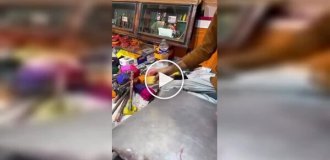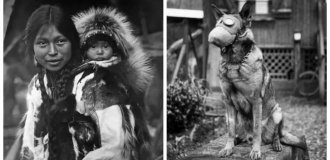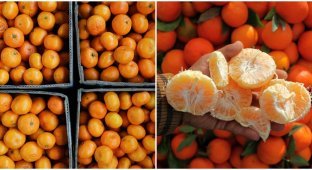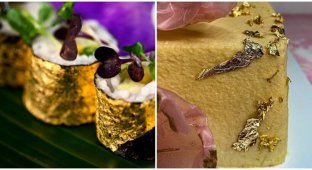Tangerine peels at the price of gold: in China they pay thousands of dollars for a strange delicacy (4 photos)
Mandarin peels are dried in a special way for three years. And the best mandarins are grown only in the city of Xinhui. 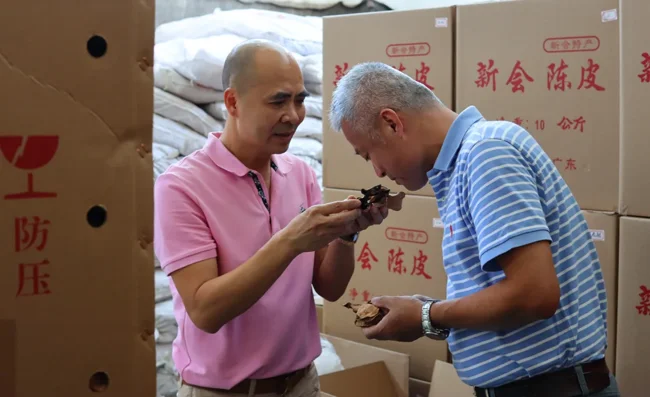
China is famous for its cuisine and unusual ingredients. One of them is dried mandarin peels from the city of Xinhui, which have been valued for their medicinal properties for centuries. Now they are added to exquisite dishes and people pay thousands of dollars for the peels.
At first glance, Xinhui is an ordinary provincial suburb in China. But every fall and winter, its streets are filled with a unique aroma that hints at its ancient history: the special tangerine peels, or chenpi, are dried here, just as they were centuries ago. 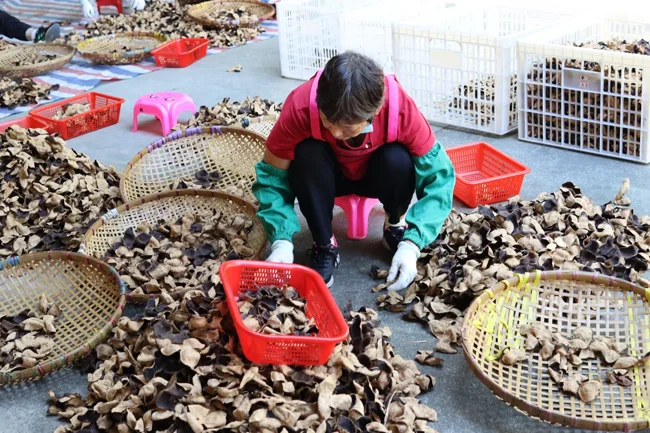
In fact, the word for tangerine in the local Cantonese dialect is pronounced the same as the word for gold, "gum."
Xinhui is located on the eastern side of Jiangmen, a city in southern Guangdong Province. Although tangerines can be grown in other regions, only those harvested in Xinhui, and in particular their peels, are as valuable as gold.
The health benefits of aged tangerine peel, a Chinese medicinal herb, have been documented as far back as the Song Dynasty (1127-1279).
"Xinhui is located at the confluence of the Xijiang and Tanjiang rivers in the heart of the Pearl River Delta region (in Guangdong Province). The composition of the water and soil made it an ideal place for growing tangerines. Therefore, the peel here is considered to be richer and contains more micronutrients than others," says Li, chef at Hong Kong's Michelin-starred The Legacy House restaurant at the Rosewood Hong Kong Hotel.
Tangerine peel can only be called "chenpi" (aged peel, scientifically known as Citri Reticulatae Pericarpium ) if it has been sun-dried every autumn and winter for at least three years in a row. During the rest of the year, it is carefully stored. 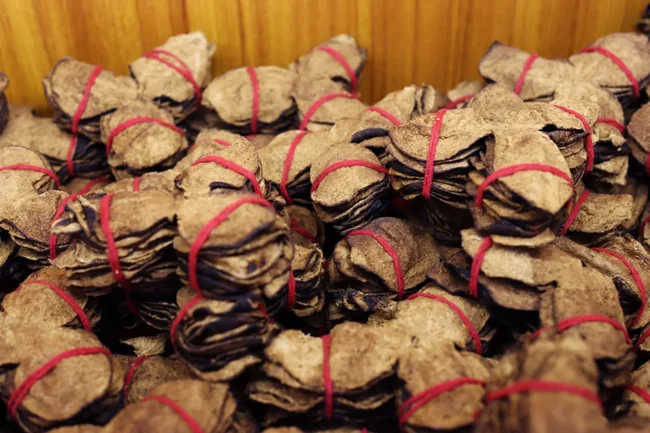
There are four main types of peel: green mandarin peel (picked before ripening); light/second red mandarin peel (picked in November); large red mandarin peel (fully ripens around December); and post-winter large red mandarin peel (picked after winter, when the mandarins have more sugar).
Chenpi is said to have been used in dishes served to the emperors and empresses living in the Forbidden City in Beijing. Today, this ingredient is widely used in traditional medicinal recipes and everyday cooking, especially in southern China.
Different types and ages of chenpi have different medicinal uses, but in traditional Chinese medicine, they are believed to strengthen the spleen, aid digestion, and improve the respiratory system.
Modern research shows that chenpi contains antioxidants and flavonoids (an anti-cancer component), and also has the potential to stabilize blood pressure and prevent obesity.
And like a fine wine, the older the chenpi, the more valuable it becomes. 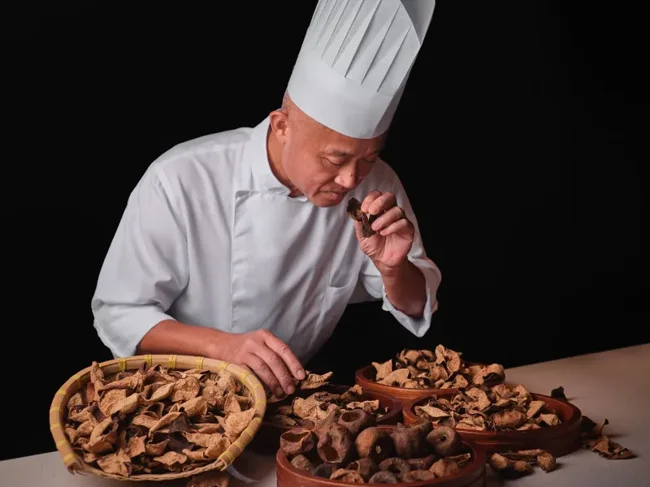
In 2023, a kilogram of dried tangerine peel produced in 1968 sold at a Hong Kong auction for HK$75,000 (US$9,646). That same year, Xinhui became the first and only district in Jiangmen to earn 100 billion yuan (US$13.8 billion), accounting for about a quarter of the city's GDP. Last year, the chenpi industry was valued at 23 billion yuan (US$3.2 billion).
Currently, 500 grams of 50-year-old chenpi costs about 10 thousand dollars.

